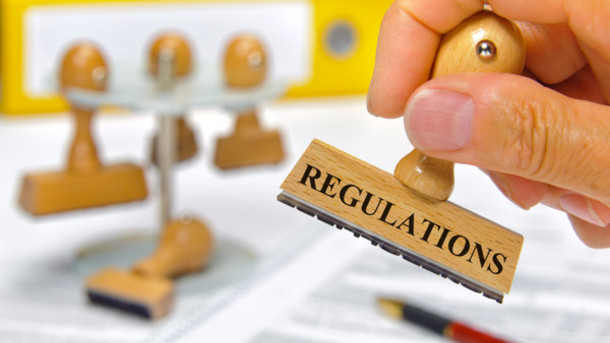SUMMARY
- The Australian Securities and Investments Commission plans to extend licensing requirements to all crypto firms, beyond just exchanges, as most major crypto assets are covered under the Corporations Act.
- A regulatory update is being prepared to clarify the treatment of specific crypto assets and products.
Australia’s financial regulator, the Australian Securities and Investments Commission (ASIC), is tightening its control over the country’s crypto market by amplifying crypto licensing regulation in Australia beyond exchanges to all crypto firms under the Corporations Act. ASIC Commissioner Alan Kirkland, cited by the Australian Financial Review, uncovered that the regulator is planning to upgrade its “Information Paper 225” by November. The upgrade will clarify how certain crypto tokens or products ought to be treated under Australian law. Kirkland emphasized that most major crypto resources, such as Bitcoin, fall under the Corporations Act and that a noteworthy number of crypto firms may before long require licenses to comply with crypto licensing regulation in Australia.
The Australian Treasury had as of now released a proposition last year, proposing that exchanges holding a critical volume of resources would be required to obtain an Australian Financial Services License (AFSL). However, it is vague if this enactment will be passed before the next federal election. This push for stricter crypto licensing regulation in Australia follows increasing concern over the risks related with crypto resources. ASIC detailed that since July 2023, it has taken down over 7,300 scam websites, 615 of which were connected to cryptocurrency. Furthermore, an August ruling uncovered that over half of crypto-related ads on Facebook were either scams or violated the platform’s policies. These disturbing patterns reflect ASIC’s increased focus on customer protection and its expectation to uphold crypto licensing regulation in Australia, whereas still encouraging capable advancement within the sector.
Critics, however, accept the regulatory pace has been too slow. Congressperson Andrew Bragg contended that Australia has gone from being a pioneer to a slow poke in the crypto space, criticizing the government for abandoning the 2022 regulatory framework for crypto resource secondary service providers after Labor’s election. He pointed out that past endeavors to direct the market have been postponed, leaving the crypto industry in regulatory limbo. In the meantime, ASIC is planning to introduce draft guidance on crypto licensing regulation in Australia in the coming months, welcoming criticism from the industry. This regulatory move aims to discover a balance between guaranteeing consumer protection, minimizing market misconduct, and cultivating development in the quickly advancing crypto space.
With an expanding focus on fixing crypto licensing regulations in Australia, the nation is poised to reshape its crypto market with new permitting prerequisites, guaranteeing more noteworthy consumer confidence and market integrity.

